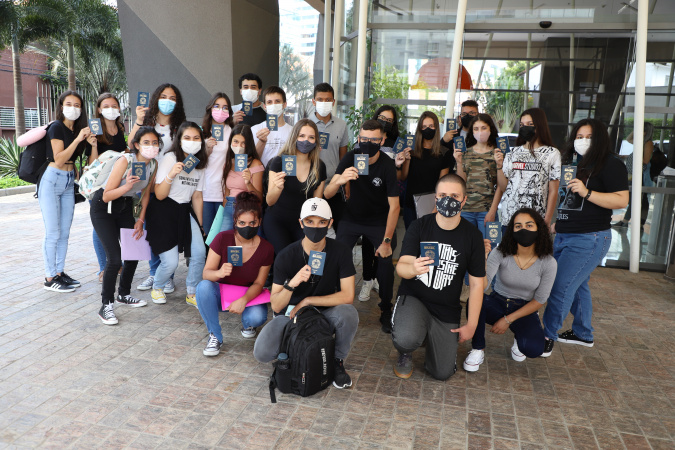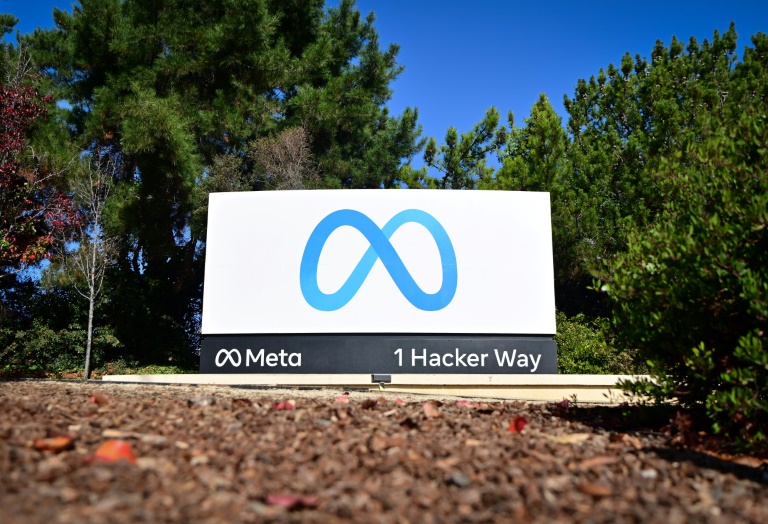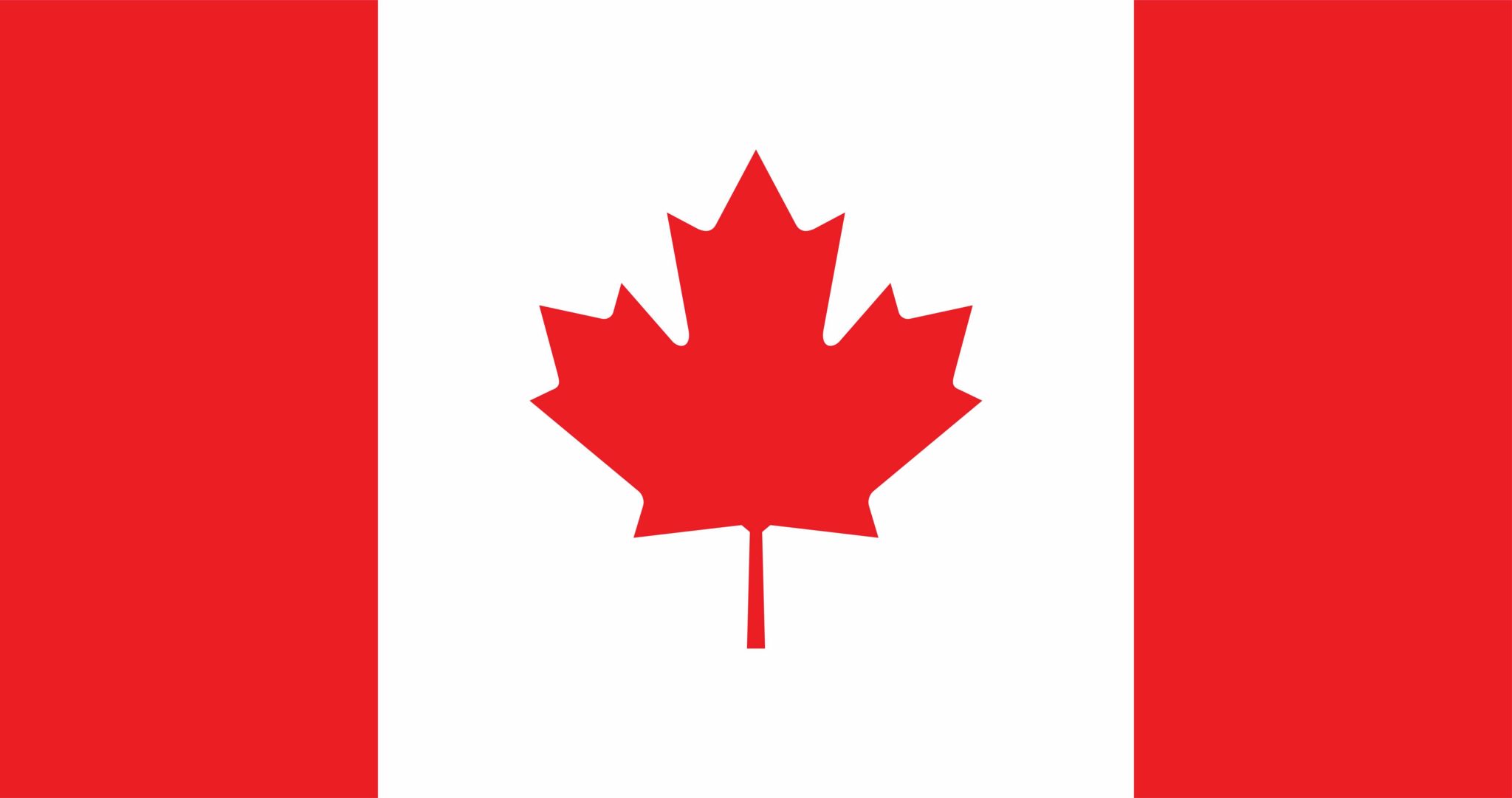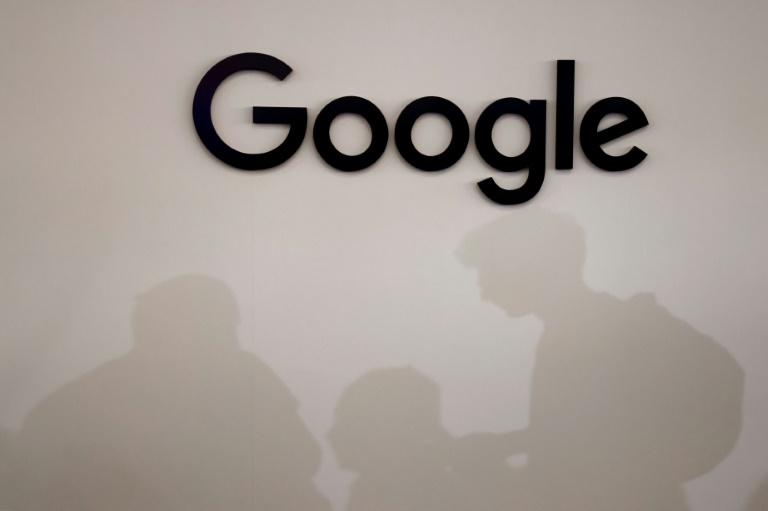The 100 students from the state network selected for the Gaining the World program are traveling to São Paulo this week to collect biometric data for their Canadian visa. This is the final stage of preparations for the six-month exchange in Canada. The students, who come from different towns in Paraná, will go abroad on February 9.
The first of the four groups of students arrived in São Paulo this Monday morning (24). Among them was Beatriz Sofia Carrião, who is celebrating her 16th birthday with other exchange students. “We were all together, we were having a good time. Especially since today is my birthday. So it was a unique experience,” says the student, who represents the municipality of Campo Largo.
In his group were 24 other students from the cities of the Regional Educational Centers of Curitiba, North Metropolitan Area, South Metropolitan Area, União da Vitória, Irati, Ponta Grossa, Paranaguá and Telemaco Borba. The next groups will collect biometrics on Wednesday, Thursday and Friday (from 26 to 28).
“My experience in São Paulo was very good. I had the opportunity to know a new state and to appreciate it very much. And with biometrics solved, everything is ready for our boarding,” says Sthefany Oliveira, from Curitiba. “I confess that I am very nervous and at the same time anxious to finally study abroad. May we improve our English, learn a new culture, make new friends and prioritize our studies even more.”
WIN THE WORLD – Established by Law No. 20.009/2019, the international exchange program Gaining the World was created by the Department of Education and Sports of the State of Paraná. The students were selected in early 2021 for the exchange. They were originally scheduled to travel in August of the same year, but had to postpone the trip due to health measures imposed by the pandemic. As a result, the fate of students, which was New Zealand, with more drastic restrictive measures, has changed in Canada.
Selection was based on cumulative grade point average and frequency. The criteria were a mean greater than or equal to seven (7.0) in all subjects and a frequency greater than or equal to 85%. To arrive at the final mark, the averages of all National Common Curricular Base (BNCC) subjects taken in 2020 in 9th grade were added.
To improve the language, in 2021, those selected had access to an English course through an app, offered in partnership with state universities linked to the General Superintendency of Science, Technology and Higher Education . There were six 40-hour modules, totaling 240 hours of learning in a self-instructive, challenge-based format that takes into account the perspective of social and cultural experiential learning.

“Pop culture fan. Coffee expert. Bacon nerd. Infuriatingly humble communicator. Friendly gamer.”





:strip_icc()/s01.video.glbimg.com/x720/7214172.jpg)
